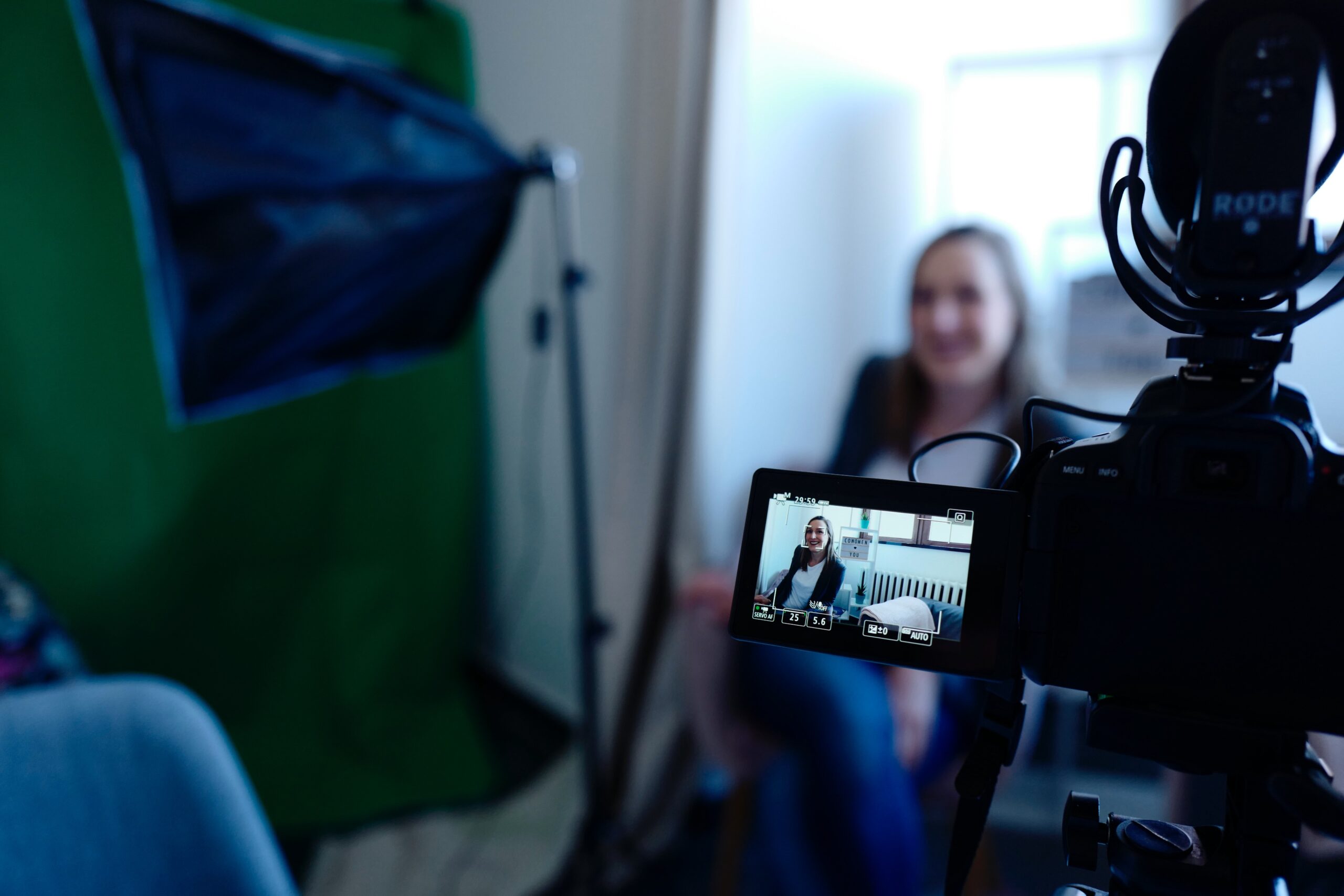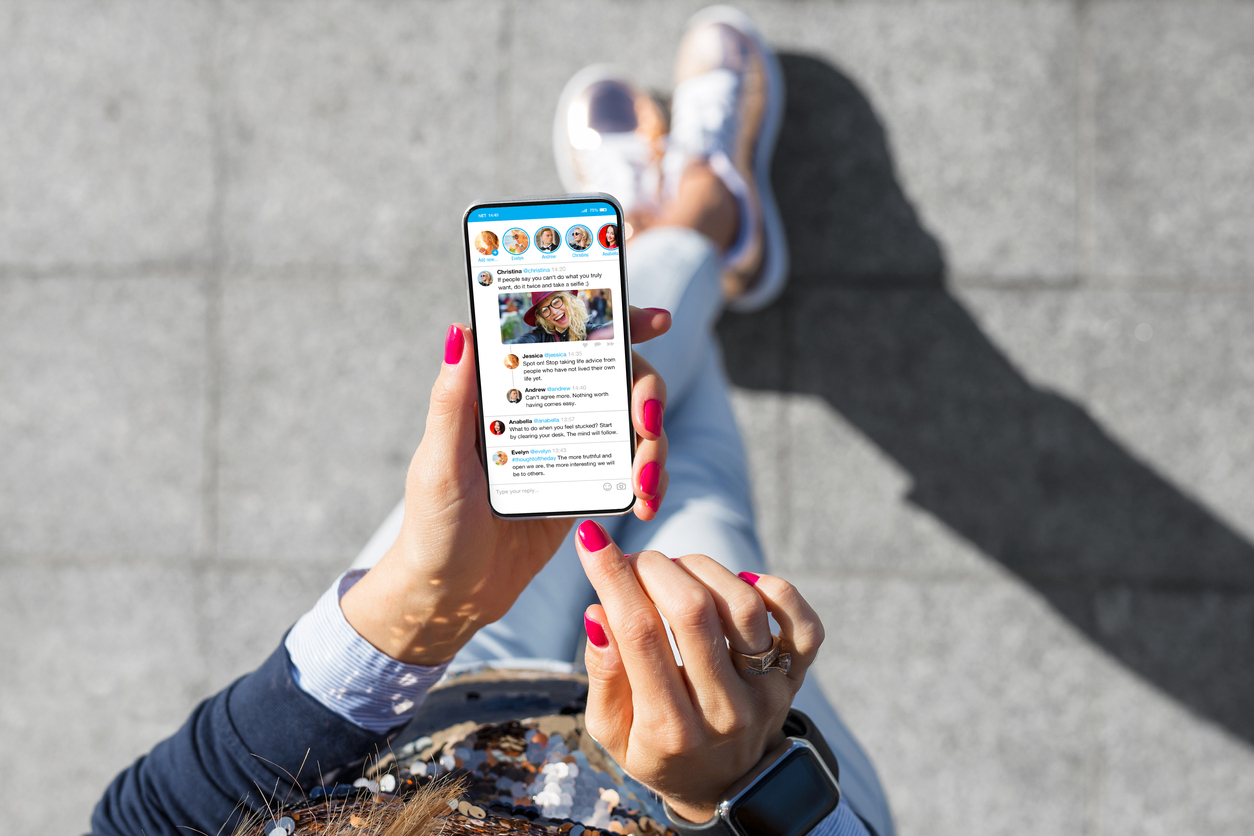5 Sound Bites You Should Never Share in a Media Interview

For most people, a call or visit from the media can be a stress-filled experience. When I coach spokespeople from different organizations, I try to cover all the possible scenarios – from the mundane to the tragic – that would interest traditional and social media. It’s the best way to build confidence. That said, here are my five “hit list” items for what not to do or share during a media interview.
1. Private, personal details about yourself or someone else.
Here’s why: unless this interview is focused on you personally, stick to the main topic so you can accomplish the goal of your communications (dispel a rumour, inform the public, create support etc). Never share someone else’s personal information. Ever.
2. Answer with “No comment.”
Here’s why: When you say “no comment” you create a negative vibe. Whenever possible, strive to be prepared for the worst and have a response. However, if you are in a situation where you truly don’t know the answer to a question posed – say so. Media understand if you need time to find an answer, source a statistic or identify a subject matter expert. Even if you cannot provide an answer before a deadline, you can still share details later for inclusion in a follow-up or online story.
3. Trash the competition.
Here’s why: Ever hear the saying, “If you can’t say anything nice, don’t say anything at all.”? You represent your organization, so keep comments at the highest professional level. Even if you are asked point blank about the competition, there are ways you can respond with a neutral or positive redirect. Deflect and keep it positive.
4. Your personal opinions.
Here’s why: Your opinion is yours. It may not align with corporate messages, and that disconnect can be very damaging to your career and to the organization’s reputation. When you are asked “What do you think about this issue, situation, problem?”, avoid personal viewpoints and be familiar with approved responses.
5. Stick to your “key messages” even when they don’t make sense as answers.
Here’s why: Key messages are critical as a way to control information, but best used as guidelines to stay on course, not used verbatim over and over again. Repeat key messages to every question and you will not only annoy the interviewer, but you will also sound like an idiot.
Media training is the best way to rehearse scenarios in real-time and build confidence. Observing yourself in a staged media interview can be a humbling but very helpful exercise!



